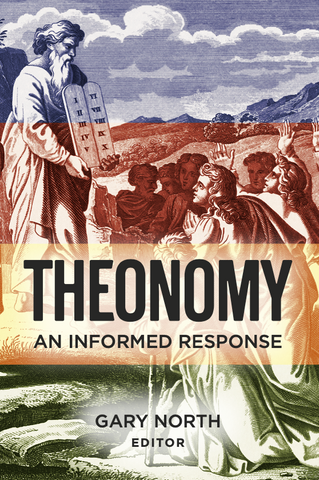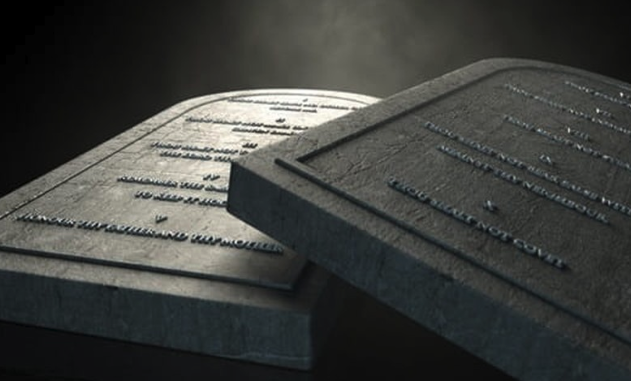Gary continues his response to a recent episode from David Barton featuring historian Mark David Hall.
The establishment—and here I include the secular media—cannot grasp just how much impact that fewer than a dozen men with word processors can have. (In the case of Rushdoony, not even a word processor, which did not exist when he wrote his major works. He uses only an ink well, a steel-tip pen with no ink bladder or cartridge, and a World War I-era typewriter to type in block quotations.)
Rushdoony saw what Van Til was unwilling to admit, in public or in private: if Van Til is correct in his assertion that only the Bible is an authoritative standard in history, then we have to turn to the Bible in our quest as Christians for an alternative to humanist social and legal theory. This means not only that Christian philosophy must be reconstructed; all of man’s institutions need to be reconstructed. Van Til was unwilling to recommend this broadly conceived application of his narrowly circumscribed technical task, and he was suspicious of both Rushdoony and me in our attempt to apply biblical law in social theory. But he kept quiet in public about his suspicions.
Rushdoony recognized early that Van Til’s apologetic revolution was new wine in very old wineskins, but he was not ready until 1973 to offer a published alternative. From the publication of By What Standard? in 1959 until the publication of The Institutes of Biblical Law in 1973, he did not provide readers with a detailed application of what he knew in theory is mandatory: a reconstruction in social theory based on biblical law. He began his lectures on biblical law in 1968; they were not available to the reading public until 1973.

Theonomy: An Informed Response
Christendom is a civilization—the kingdom of God in history—that is governed in every area, every nook and cranny, by God: a society whose lawfully anointed rulers govern in terms of God’s revealed law. In this view, God is not in retirement or on vacation; He is a King who has delegated to His officers the authority to exercise command. There are three covenantal institutions: family, church, and state. To deny that God’s covenant law applies to civil government in New Testament times is necessarily to abandon the ideal of Christendom.
Buy NowGary continues his response to a recent episode from David Barton featuring historian Mark David Hall.
Click here for today’s episode
Click here to browse all episodes of The Gary DeMar Podcast
Read David Barton’s article on the 10 Commandments in American law here

